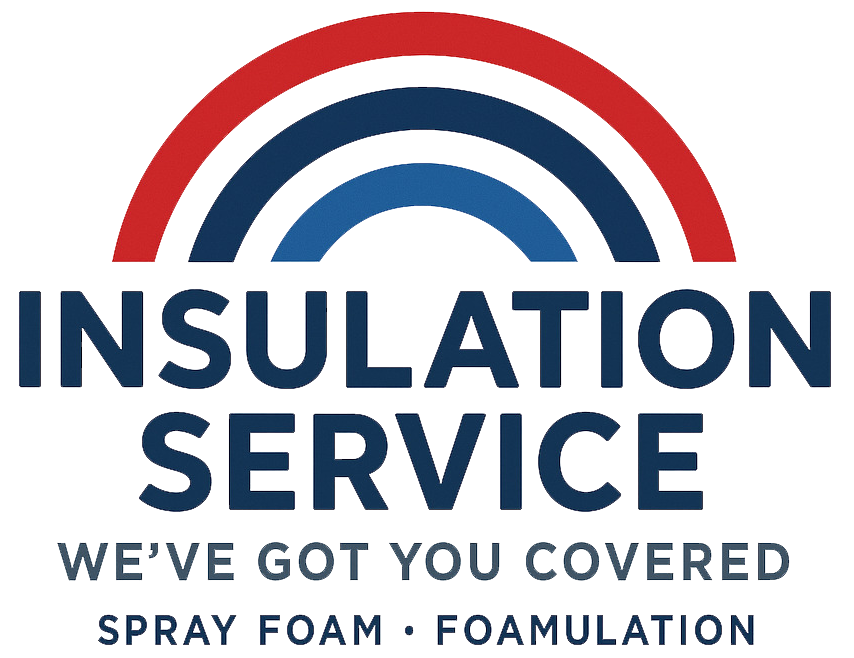FAQs
Insulation Service
Have an insulation-related question? We have the answer! Check out our FAQs below to learn more about our company and services.
What is spray foam insulation, and how does it work?
Spray foam insulation is a liquid material that expands into a thick foam when applied. It seals gaps, cracks, and hard-to-reach areas, providing superior thermal insulation and air sealing in one application.Is spray foam insulation better than fiberglass or blown-in insulation?
Spray foam insulation offers higher R-values and better air sealing than fiberglass or blown-in insulation, according to our team. While it's more expensive upfront, it delivers greater energy savings and durability over time, especially in commercial and agricultural settings.Where can spray foam insulation be used?
Spray foam insulation is ideal for attics, walls, crawl spaces, basements, metal buildings, barns, and commercial facilities. It's especially effective in agricultural buildings where temperature and moisture control are critical.
According to the Insulation Institute, 89% of homes in the US are under-insulated. We can help ensure your home is adequately insulated.
Is spray foam insulation safe for homes and animals?
Yes, once cured, spray foam insulation is safe and non-toxic. It's commonly used in homes, barns, and animal shelters. Proper ventilation during installation ensures safety for people and animals.How long does spray foam insulation last?
Spray foam insulation can last over 30 years with minimal maintenance, according to our team. It doesn't sag or settle like other materials, making it a long-term investment in energy efficiency.Can I install spray foam insulation myself?
Spray foam should be installed by a certified insulation contractor. It requires specialized equipment and training to ensure proper application, safety, and performance.What are the benefits of spray foam insulation for commercial buildings?
Spray foam reduces energy costs, improves indoor air quality, adds structural strength, and minimizes noise. It's ideal for warehouses, offices, and retail spaces looking to meet energy codes and reduce HVAC loads. Call our insulation contractor to learn more!How does insulation help in agricultural buildings?
Insulation in barns and ag buildings helps regulate temperature, reduce condensation, protect livestock and equipment, and improve energy efficiency. Spray foam insulation is especially effective due to its moisture resistance and air sealing.What's the difference between open-cell and closed-cell spray foam?
Open-cell foam is softer, more flexible, and better for soundproofing. Closed-cell foam is denser, more rigid, and offers higher insulation value and moisture resistance-ideal for commercial and ag use. If you have any questions, don't hesitate to call our insulation contractor!Do you offer free estimates or energy audits?
Yes! As a top insulation contractor in the area, we provide free on-site estimates and energy assessments to determine the best insulation solution for your property-whether residential, commercial, or agricultural. Call Insulation Service today to learn more.

